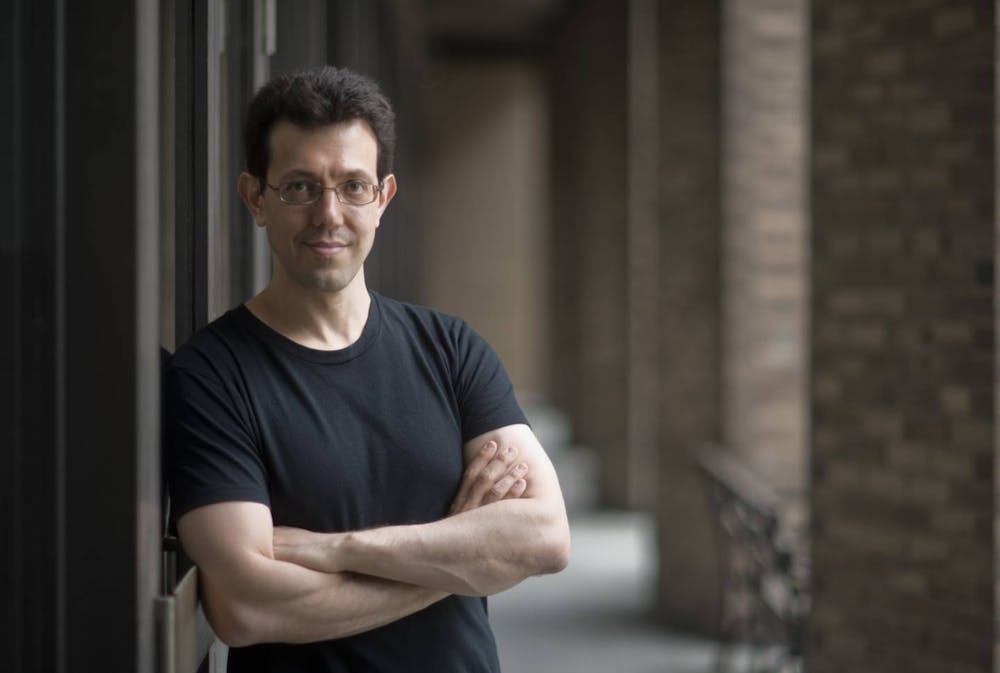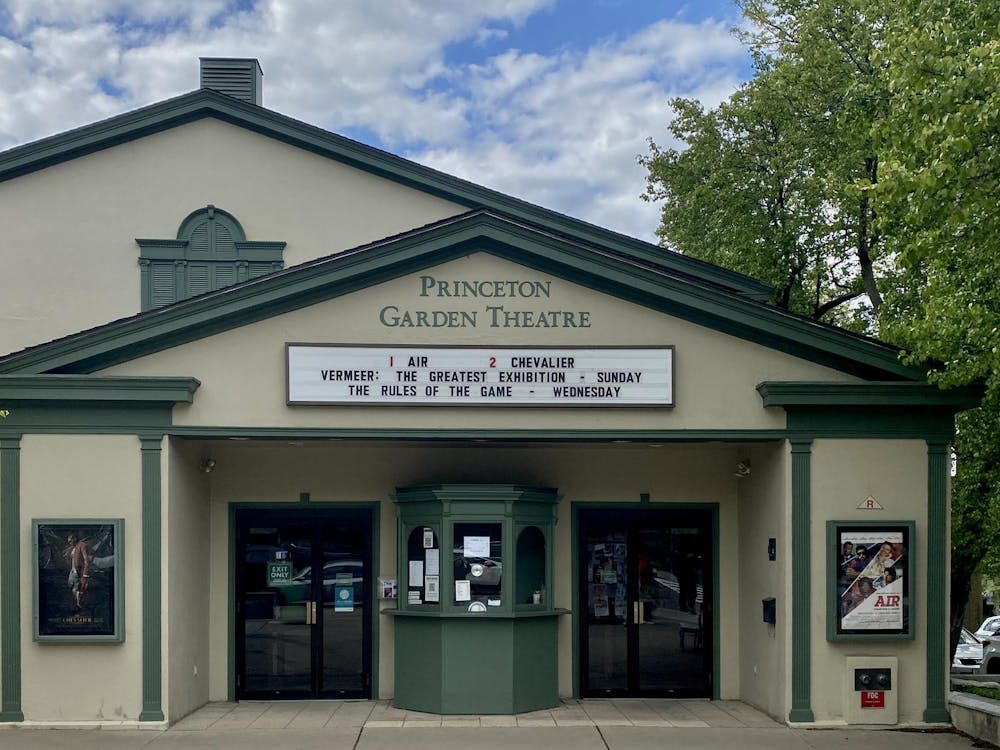Mathematics professor Assaf Naor has been selected as the 2019 recipient of the Ostrowski Prize for his work in classical analysis and geometry, winning around $100,600.
Naor is the fourth University professor in history to receive the honor. In 1995, it was awarded to Professor Emeritus Andrew J. Wiles, who is best known for proving Fermat’s Last Theorem. The biannual award has seen a total of 24 recipients since its establishment in 1989.
According to the Ostrowski Foundation, the prize awards “outstanding achievements in pure mathematics and in the foundations of numerical mathematics.” The award was founded when Alexander Ostrowski, a longtime professor at the University of Basel, bequeathed his estate to it.
Naor described what first animated him about the field of mathematics as a young scholar.
“A Swedish mathematician in the mid-70s proved a theorem: an indication that there should be a way to talk about all kinds of high-dimensional geometric objects as though they were spaces which are much, much nicer,” Naor said. “It’s almost like somebody’s giving you a dictionary … but you’re not sure what it is. I’m not telling you.”
In 1998, Naor began his Ph.D. under Joram Lindenstrauss at the Hebrew University of Jerusalem, where he also earned his baccalaureate.
“My feeling [at the time] was this was a beautiful, beautiful, beautiful field, [but] we were missing something,” Naor said.
“When I was doing my Ph.D. in the 1990s, the field felt stuck,” Naor went on. “For many entries in the dictionary, there was simply no clue what they were. It’s not as much solving an open problem, but actually coming up with a definition — how to even talk about something.”

Naor has spent the past 20 years of his life filling in those gaps, and many of his discoveries have been successfully applied to scholarship in other fields. Since 2000, he has worked at the intersection of mathematics and computing at several institutions. Before joining the University in the fall of 2014, he conducted research at Microsoft and the Courant Institute of Mathematical Sciences at New York University.
“There are all kinds of questions that are central to computer science, but for a lot of those, we have been making progress using tools from analysis: how to store data, how to partition, how to cluster networks,” Naor said of his most recent work.
In addition to the Ostrowski Prize, Naor is a recipient of numerous awards for his work in metric spaces, including the Nemmers Prize in Mathematics in 2018, the American Mathematical Society’s Bôcher Memorial Prize in 2011, and the Salem Prize in 2008.









